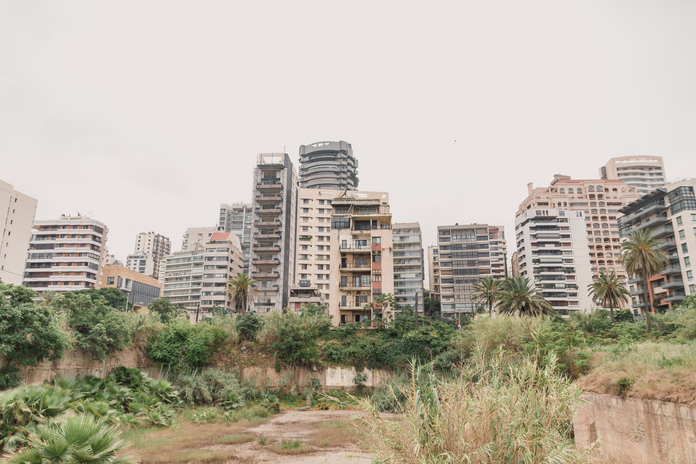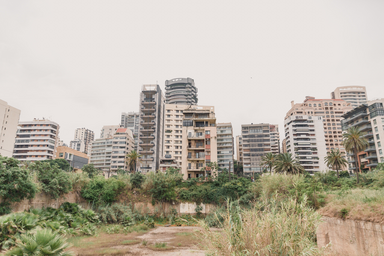Beirut, the capital of Lebanon and a small country in the Middle East bordering Syria, was once called “the Paris of the Middle East” because of its popularity as a tourist destination, French influences, and its recognition around the world as a financial capital. While it no longer maintains its strength as a financial capital, Beirut continued to remain a vibrant city with plenty still to begin a courtship with your interests and curiosity.
On August 4th, a massive explosion tore apart a port in Beirut and shook the city causing unimaginable damage and grief. The explosion was said to be caused by a fire in a nearby warehouse which led to a large explosion followed by smaller ones. However, shortly after this, a local chemical plant storing ammonium nitrate exploded, creating a colossal mushroom cloud that released numerous toxins into the air.
The nearby warehouses were decimated and a 140 m (approximately 459 ft) in diameter crater was created which quickly flooded. The explosion is said to have been equivalent to a 3.3-magnitude earthquake (United States Geological Survey). Damage from the blast was seen up to 5 miles from the original blast site and the blast itself could be heard across the Mediterranean Sea in Cyprus. The death toll reached a minimum of 200 and more than 5,000 others were injured. An expert on blast protection engineering, Andy Tyas, stated that the explosion in Beirut, Lebanon was one of the largest non-nuclear explosions in history.

Seven years previous, the local government permitted the storage of 5.5 million pounds of ammonium nitrate. This was commonly known to be an extremely volatile fertilizer, which has now long been neglected, essentially leading to the explosion. Less than a week after the explosion, the Lebanese government stepped down following violent anti-government protests that involved Molotov cocktails and stone-throwing. The local police responded by firing rubber bullets, tear gas, and even live fire at some of the protesters. Prime Minister, Hassan Diab, gave a speech the Monday after the blast speaking to his cabinet expressing his desire to stand with the people and conform to their wishes. He stated there was now a barrier “between us and change.” This is the second government demanded to be removed by the people of Lebanon in less than a year.

Diab became Prime Minister in December of 2019, following a widespread, largely popular uprising that brought down the previous government. Diab’s government was supported by other major political parties, including Hezbollah, a militant Shia group supported by Iran; Shia being the branch of Islam they follow.
Hezbollah, individually, has received backlash after the explosion. In the wake of hoping to form a new government, Hezbollah has admitted that, with national consensus from all 18 religious sects recognized within Lebanon, some reform as suggested by the French could be made. The sect-based government style in Lebanon has been criticized and noted as not being able to solve Lebanon’s problems because of an inability to reach an agreement that addresses the demands of the people.
As in countries all over the world, economic crises are often tied to the wealthier classes of the population. Whether or not that is true, this was a common theme among the excuses offered by Diab’s government to the Lebanese people in explanation for their current economic struggle. Since last October, the worth of the Lebanese currency has dropped 70%. The people are limited to minimal cash withdrawal while the country’s elite are said to have withdrawn billions of U.S. dollars which then led to a large depletion in the country’s foreign currency reserves.

The world is facing new challenges and finally confronting old ones. There is hate and pain no matter where you go today but despite all the differences we use to separate ourselves from one another, those differences are tied together by our humanity and bring us together when it matters the most.
Sources: 1 / 2 / 3 / 4 / 5 / 6 / 7



